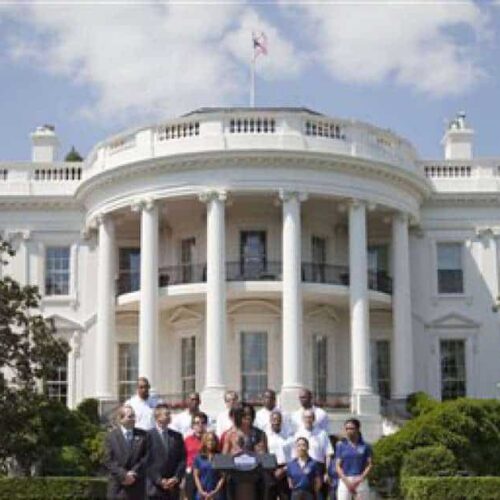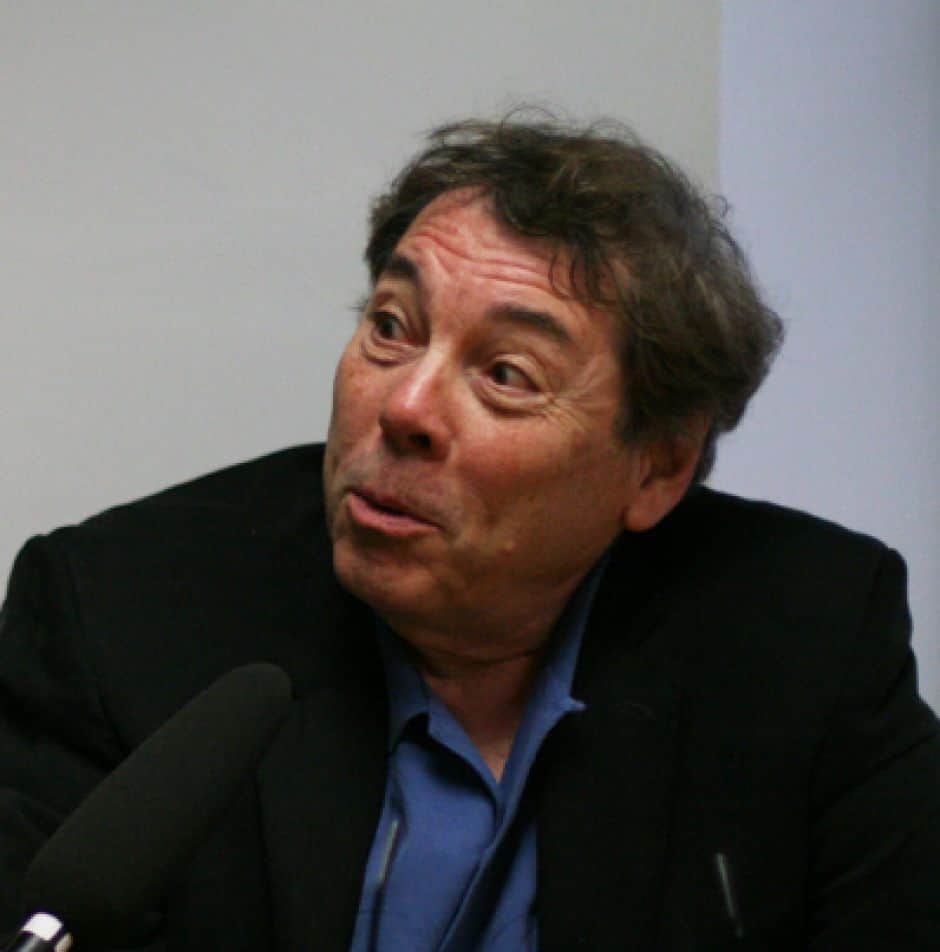Introduction
In ordering the Obama administration to disclose the names of all White House visitors, a federal judge has rejected claims that doing so could harm national security and be too time consuming.
U.S. District Judge Beryl A. Howell rejected the Secret Service claims that it would be “virtually impossible” to omit names of persons whose identities should be shielded for security reasons. The judge ruled that culling out those names was not “so unreasonable as to require a blanket rejection.”
White House spokesman Eric Schultz said on Friday that the administration is reviewing its options in response to the suit brought under the Freedom of Information Act by Judicial Watch, a public interest group.
“This is the most transparent administration in history and the president is very proud to be the first White House with a voluntary disclosure policy that provides visitor records to the American public. Administration lawyers are reviewing the decision and I’d refer you to the Department of Justice for any further questions about next steps,” Schultz said in a statement.
Lucy Dalglish, executive director of the Reporters Committee for Freedom of the Press, said she expected the Justice Department to appeal the ruling. “I’d be shocked if that didn’t happen,” she said.
At issue are the names of all persons who entered the White House complex from January 20, 2009 through September 2009, a time of intense activity by the new Obama administration on a variety of controversial policy matters from the health care reform law to the economic stimulus package.
An iWatch News investigation earlier this year uncovered large gaps and missing information in the visitors’ logs, despite the administration’s contention that the searchable database of names posted on the White House website contains “over 1,000,000 records of everyone who’s come through the doors of the White House.”
The investigation found that only 1 percent of 500,000 White House visitors from the first eight months of the Obama administration have been released, that many entries don’t reflect who actually participated in meetings, and that thousands of visitor names are missing.
Republicans in Congress, who have repeatedly clashed with the Obama administration over the visitors’ logs, applauded the ruling.
“Despite the president’s repeated promises that this would be the most open and transparent administration in history, the White House has failed to disclose even the most basic information, such as visitor logs,” said a joint statement from House Energy and Commerce Committee Chairman Fred Upton, R-Mich.; Oversight and Investigations Subcommittee Chairman Cliff Stearns, R-Fla.; and Health Subcommittee Vice Chair Michael C. Burgess, R-Texas.
The committees have demanded broad access to records of who attended and what was discussed at scores of White House meetings held on the health care reform bill and negotiations over clean energy loan guarantees made as part of the economic stimulus program.
The dispute came to a head on May 3, 2011, when the White House ducked an invitation to testify at an Oversight and Investigations Subcommittee hearing prompted by concerns over omissions in the logs and allegations that White House officials were holding some meetings with lobbyists in nearby coffee shops to avoid having to disclose them.
Judicial Watch, which brought the case, called the ruling a “major victory for open government and an embarrassing defeat” for the Obama administration.
“This administration will now have to release all records of all visitors to the White House – or explain why White House visits should be kept secret under law. It is refreshing to see the court remind this administration that the rule of law applies to it,” Judicial Watch President Tom Fitton said in a statement.
Other critics have noted that the sizable gap in records released so far provides the public and historians little insight about how key policy decisions were made and who played a role in deciding them—particularly in the energetic early months of the new administration.
It also means that it’s difficult to assess whether a major Obama campaign pledge to limit the influence of lobbyists in his administration has been kept. The administration has faced criticism for rewarding some of its major campaign bundlers and other big donors with plum jobs. White House logs that have been released so far so that some big bundlers had broad access to the White House for meetings with top administration officials and glitzy social events, another iWatch News investigation found.
In all, campaign bundlers and their family members account for more than 3,000 White House meetings and visits. Half of them raised $200,000 or more, the analysis found.
Limited numbers of these records have been disclosed under an agreement reached in another FOIA lawsuit. Under that deal, the White House has exempted from disclosure all records of personal guests of the Obama family, persons who stayed overnight in the White House and some persons with security classifications. The deal covers only those visitors from the end of September 2009 onward.
The White House has argued that the recordkeeping system was revamped when the settlement was reached. Officials said that going back into the old system to cull out persons whose names need to be kept secret would be too time consuming. The administration said it would respond to “reasonable, narrow and specific” requests for visitor information from Obama’s early months in office, but rejected wholesale release of the material.
That could change with the ruling. Still, Dalglish noted that Judge Howell, a former senior adviser to Democratic Sen. Patrick Leahy appointed to the federal bench by Obama in July 2010, is perhaps more sympathetic to the public interest group’s argument than other judges might be. Judicial Watch “couldn’t have picked a better judge,” she said.
Dalglish said that if Howell’s opinion holds up, a strong argument could be made that White House logs from earlier administration should also be made public.


Join the conversation
Show Comments